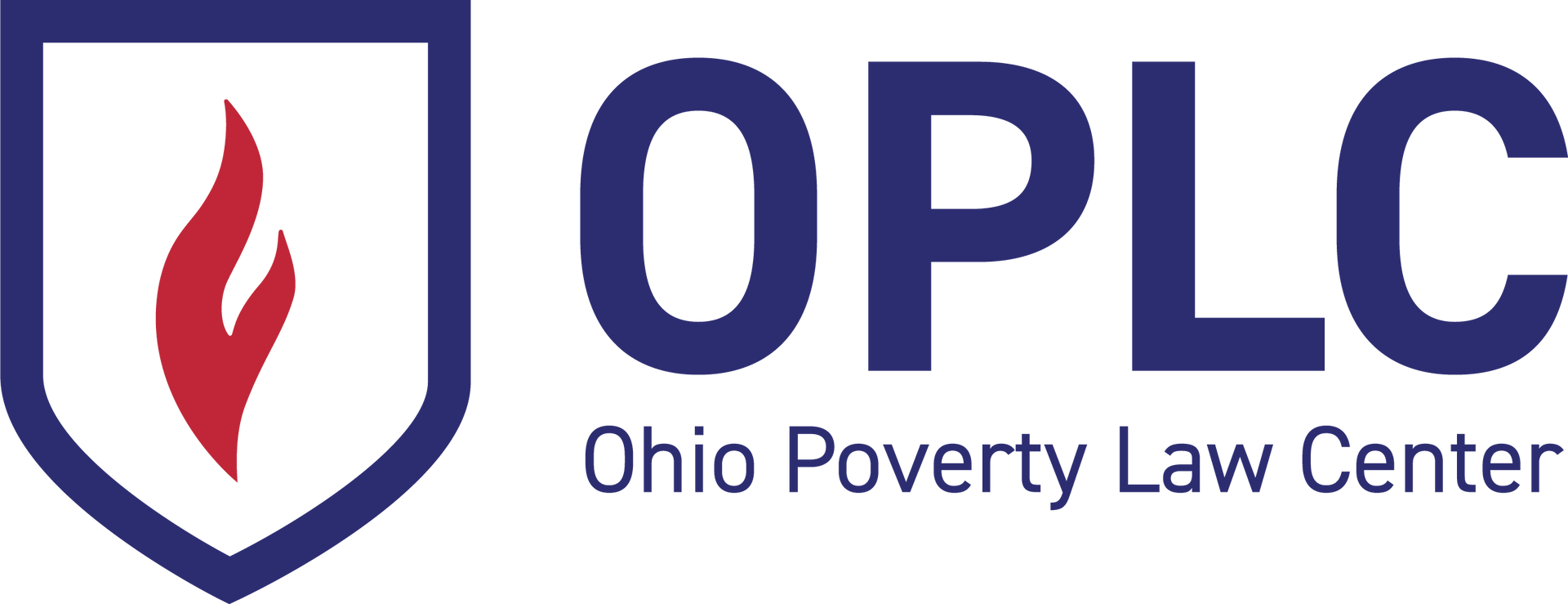The impact of House Bill 327 goes far beyond classroom instruction. If enacted, it would have wide-ranging and devastating consequences for Ohioans of all backgrounds who seek to build a more inclusive Ohio. By ending the use of what it terms “prohibited concepts” HB 327 impacts K-12 education, higher education, state agencies, and local governments.
K-12 Education. Much of the attention has been focused on the K-12 portions of HB 327 and understandably so; the bill represents a fundamental shift in classroom instruction. HB 327 places seemingly innocuous restrictions on the teaching of certain concepts but would make it nearly impossible for educators to do their job. Teachers would be limited in how they could teach history, social studies, and current events and would face severe consequences for violating the bill’s provisions.
Higher Education. HB 327 restrictions extend to state institutions of higher education. HB 327 prevents state institutions from requiring students to take any course that teaches the prohibited concepts as a condition for selecting their major. While HB 327 tries to inelegantly thread the needle on academic freedom, it ultimately falls short. The main mention of academic freedom in HB 327 essentially frames it as a student’s right to an education free from forced adherence to or indoctrination toward specific ideals. Inherently there is nothing wrong with this statement, but it leaves out several other important factors of academic freedom including the ability of teachers and public institutions to implement curriculum and generate debate and discussion free from government interference or censorship.
State Agencies. HB 327 would limit how state agencies could conduct trainings and continue work to undo racial health disparities. Anti-discrimination trainings and diversity, equity, and inclusion programs for staff, while still legal under HB 327, would have to comply with HB 327’s ban on including prohibited concepts, making those trainings and programming useless. Restrictions would also undercut the ability of the Ohio Department of Health to address health inequities through the Office of Healthy Ohio. The stated purpose of the Office of Healthy Ohio is to address health disparities that “affect groups marginalized because of socioeconomic status, race/ethnicity, sexual orientation, gender, disability status, geographic location or some combination of these factors.” The Office of Healthy Ohio’s very mission violates the proposed law of HB 327 on its face, as it predicates its existence on the fact that meritocracy has not eliminated health inequities among people of color. Therefore, the effect of HB 327 could limit not only the ability of ODH to educate its personnel regarding the Office of Healthy Ohio’s mission and policies, but the ability of the office to educate health personnel at-large about health inequities, risks, and remedies.
Local Governments. HB 327’s provisions would apply to local governments, subjecting them to the same ban on promotion of prohibited concepts. Like state agencies, many local governments are working to combat racial disparities. Unlike the state of Ohio, however, 27 different counties, boards of health, and cities have declared racism to be a public health crisis. HB 327 would limit how effectively each of these entities could use these declarations to address racial disparities as they must not run afoul of the prohibited concepts. Like state agencies, any anti-discrimination training or DEI trainings local governments might try to implement are subject to HB 327. Implicit bias training would be banned outright by HB 327, and this would include implicit bias training for law enforcement officers.
HB 327 fails to provide any tangible benefit to Ohioans. Instead, it would make it harder for teachers and administrators to do their jobs, create unsafe classrooms, and prevent local governments and state agencies from taking necessary steps to protect the health, safety, and wellbeing of vulnerable communities. We are working hard to make sure HB 327 does not become the law in Ohio. See our full analysis and memo to the House State and Local Government Committee for more details.
